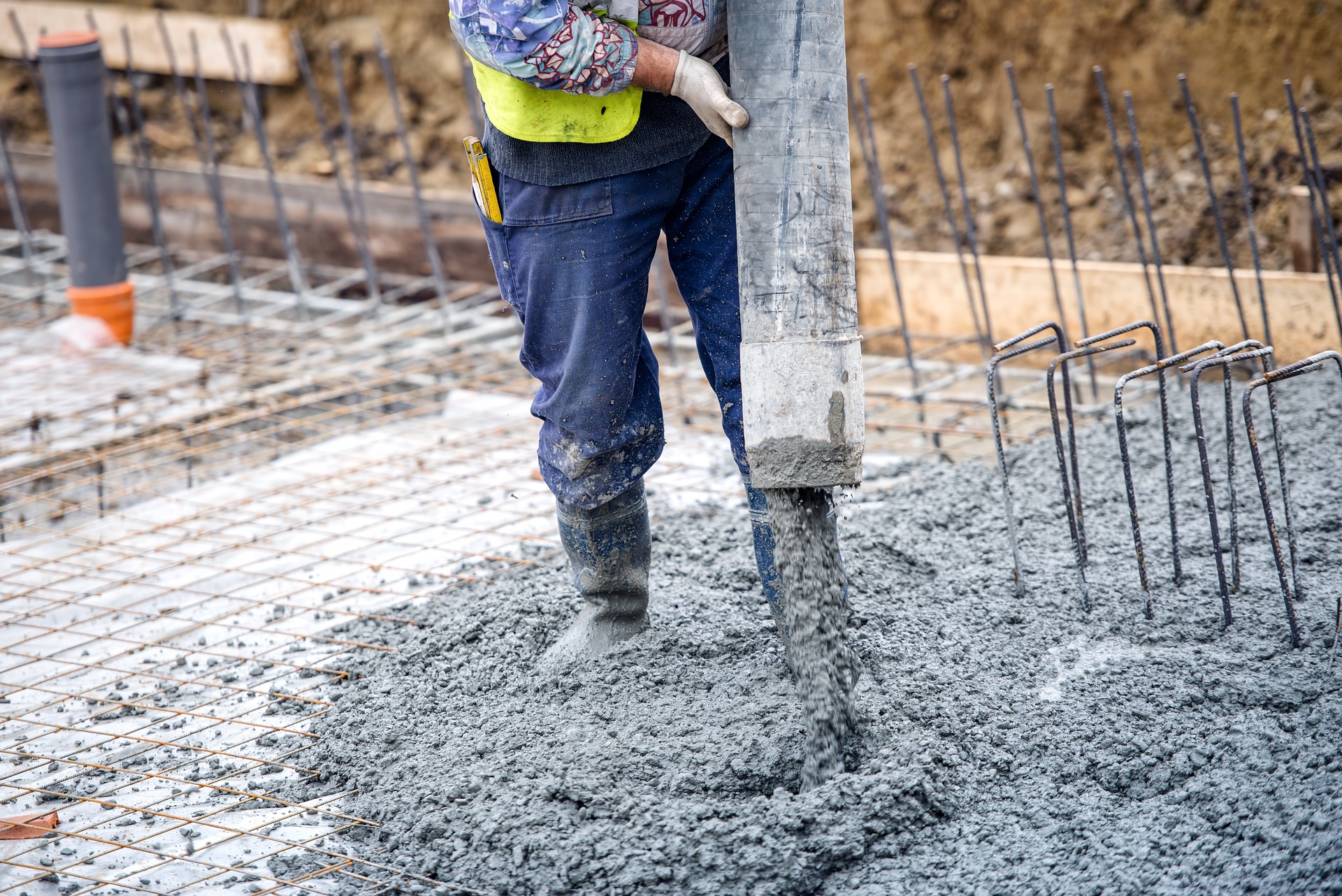Innovative Concrete Design: Enhance Your Residential Property with Personalized Concrete Job
Innovative Concrete Design: Enhance Your Residential Property with Personalized Concrete Job
Blog Article
Revealing the Eco-Friendly Advantages of Using Recycled Concrete in Sustainable Building Practices
In the world of sustainable building and construction practices, the application of recycled concrete stands as an essential yet frequently underestimated resource. Past its conventional applications, recycled concrete deals a myriad of eco-friendly benefits that extend much past the confines of typical building materials.
Environmental Advantages
By including recycled concrete into building and construction methods, there is a substantial decrease in the need for brand-new raw materials, leading to preservation of natural sources. Additionally, the usage of recycled concrete diminishes the quantity of waste being sent to garbage dumps, thereby minimizing environmental contamination and reducing the pressure on landfill capabilities (Concrete).

Furthermore, the production of traditional concrete is a significant source of carbon emissions due to the energy-intensive procedure of concrete manufacturing. On the other hand, recycled concrete has a reduced carbon footprint as it reduces the need for brand-new concrete production. This decrease in carbon exhausts adds to mitigating climate adjustment and supports sustainable building and construction methods. On the whole, the environmental advantages of utilizing recycled concrete are substantial and play an essential duty in promoting environmentally friendly construction approaches.
Cost-Efficiency
When examining the usage of recycled concrete in building and construction projects,Attaining cost-efficiency is a paramount consideration. Among the key advantages of making use of recycled concrete is its cost-effectiveness compared to standard concrete. The manufacturing of recycled concrete involves less energy and sources as it makes use of existing materials, minimizing the total project expenses substantially. In addition, the availability of recycled concrete locally can better decrease transportation costs, making it an extra economical option for building and construction projects.
Furthermore, the usage of recycled concrete can bring about savings in landfill expenses by drawing away concrete waste from disposal websites. This not just minimizes the ecological effect however likewise gets rid of the expenses linked with waste elimination. In addition, the durability and efficiency of recycled concrete approach standard concrete, making certain that expense financial savings do not compromise the quality of the construction.
Durability and Toughness
Taking into consideration the substantial cost-efficiency advantages of using recycled concrete, it is vital to examine its durability and toughness in building applications. Recycled concrete offers comparable, otherwise exceptional, resilience and strength residential or commercial properties to traditional concrete. Via improvements in processing strategies and quality assurance, recycled concrete can fulfill or surpass the performance criteria of conventional concrete. The procedure of recycling concrete entails crushing, arranging, and evaluating old concrete to great post to read create accumulations that can be utilized in brand-new building tasks. These recycled aggregates are qualified of supplying satisfying compressive toughness, sturdiness, and lasting performance.

Waste Reduction
When it comes to making use of recycled concrete, waste reduction is a crucial benefit that contributes considerably to environmental conservation. By incorporating recycled concrete right into building and construction tasks, this waste is repurposed and drawn away from garbage dumps, decreasing the overall environmental this post influence of building and construction activities.
Recycled concrete not only helps in minimizing the quantity of waste that finishes up in garbage dumps but also preserves natural deposits by decreasing the need for new aggregate products. This process of waste reduction advertises a circular economy within the construction industry, where materials are recycled and recycled to develop a much more sustainable sector. Furthermore, making use of recycled concrete can lead to set you back savings for building and construction jobs, as it is frequently more economical than sourcing and transferring brand-new materials. To conclude, waste reduction via the use of recycled concrete is a vital part of sustainable building and construction practices that profits both the construction and the setting industry all at once.
Power Conservation
Energy preservation is a vital facet of sustainable construction methods, intending to reduce the overall energy usage related to structure procedures and materials production. When it concerns utilizing recycled concrete in building and construction, substantial power savings are achieved compared to conventional concrete production. The process of producing recycled concrete includes squashing and recycling existing concrete products, which eats less energy than mining, processing, and carrying raw products for new concrete production. Furthermore, making use of recycled concrete can aid lower the need for virgin accumulation, more lowering the energy-intensive extraction and processing of all-natural sources.
Verdict
Finally, the usage of recycled concrete in sustainable building and construction methods provides countless ecological benefits, cost-efficiency, longevity, stamina, waste decrease, and power preservation. By including recycled concrete into building jobs, we can contribute to a more lasting and ecologically friendly future. It is vital for the building market to prioritize using recycled materials to aid lower the ecological effect of construction tasks.
One of the essential benefits of using recycled concrete is its cost-effectiveness contrasted to traditional concrete.In addition, the use of recycled concrete can lead to financial savings in landfill expenses by drawing away concrete waste from disposal sites. The longevity and performance of recycled concrete are equivalent to conventional concrete, making sure that cost savings do not endanger the quality of the building.

Report this page